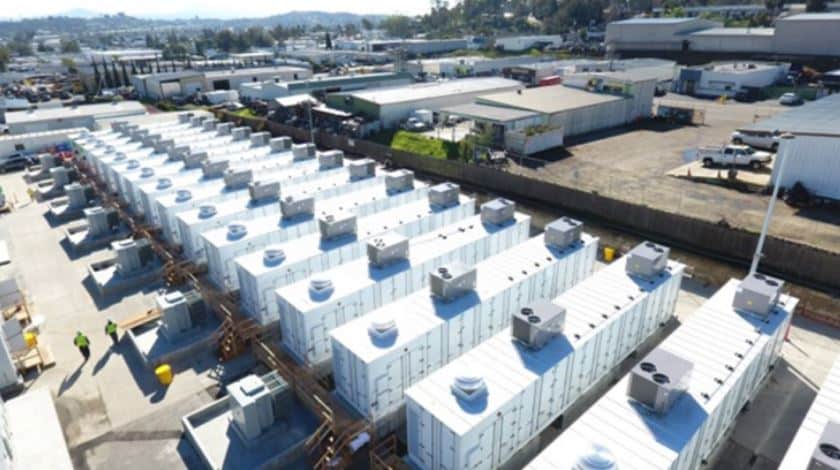New York on Track to Meet Ambitious Energy Storage Goals

The Department of Public Service (DPS) on April 4 released the third State of Storage report affirming expansion in reaching New York’s energy storage target of 3 gigawatts (GW) by 2030, with a provisional objective of utilizing 1.5 GW by 2025. As of the end of 2021, total utilised and awarded projects increased 4 percent from 2020 to 1.23 GW in capacity and are about 82 percent of the 2025 target of 1.5 GW and 41 percent of the 2030 target of 3 GW.
The subsequent public benefits of employing up to 3 GW of energy storage projects involve over $3 billion in aggregate lifetime benefits to the state’s utility customers, roughly 30,000 new jobs and the elimination of around 2 million metric tons of greenhouse gas emissions.
On Dec. 12, 2018, the Public Service Commission created a statewide energy storage goal of installing up to 3 GW of energy storage systems by 2030. This goal was updated on Jan. 5,2022 to at least 6 GW and was declared in the State of the State plans. The DPS and New York State Energy Research and Development Authority are in the process of renewing the Energy Storage Roadmap to imply the increased goal.
Energy storage remains a key factor supporting the U.S. climate change goals and plays a pivotal role in New York’s route to economy-wide carbon neutrality. The improvement and launch of energy storage will develop flexibility into the electricity grid and enhance the grid’s efficiency.
Drawing on industry analyst reports, the agency said that the long term costs of large scale storage projects are expected to decrease and be between the $150 to $200 per-kWh range by 2030. As it stands, supply chain difficulties, material cost rises and heightened competition for battery cells have led prices to increase during the 2021-22 period.
The next analysis of the energy storage program is planned to take place in 2023.
EnerKnol Pulses like this one are powered by the EnerKnol Platform—the first comprehensive database for real-time energy policy tracking. Sign up for a free trial below for access to key regulatory data and deep industry insights across the energy spectrum.
ACCESS FREE TRIAL